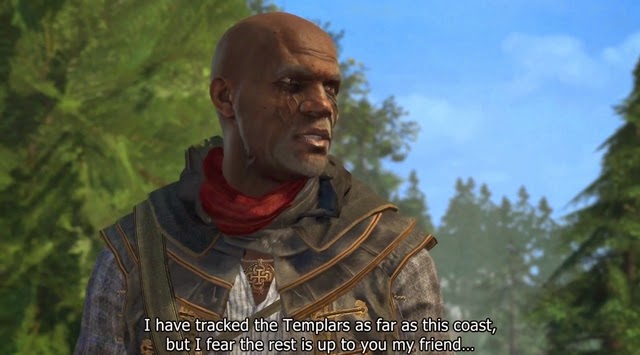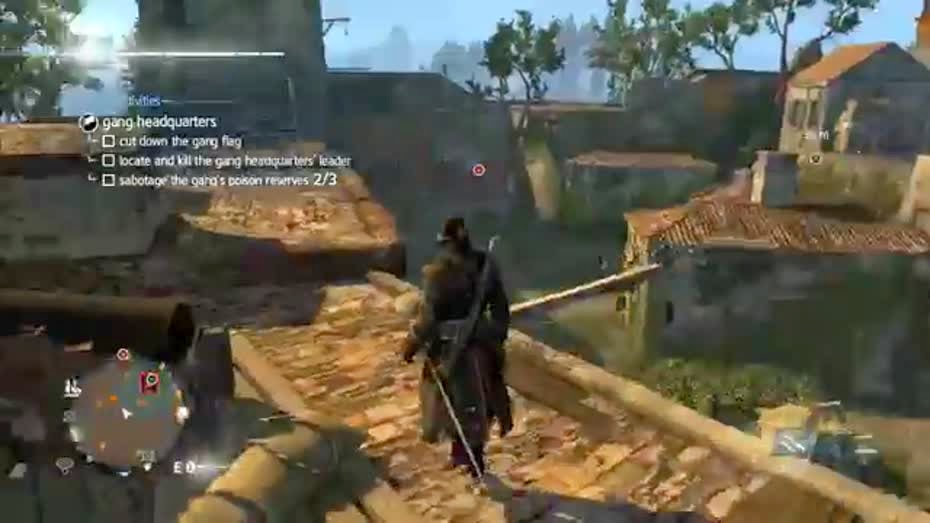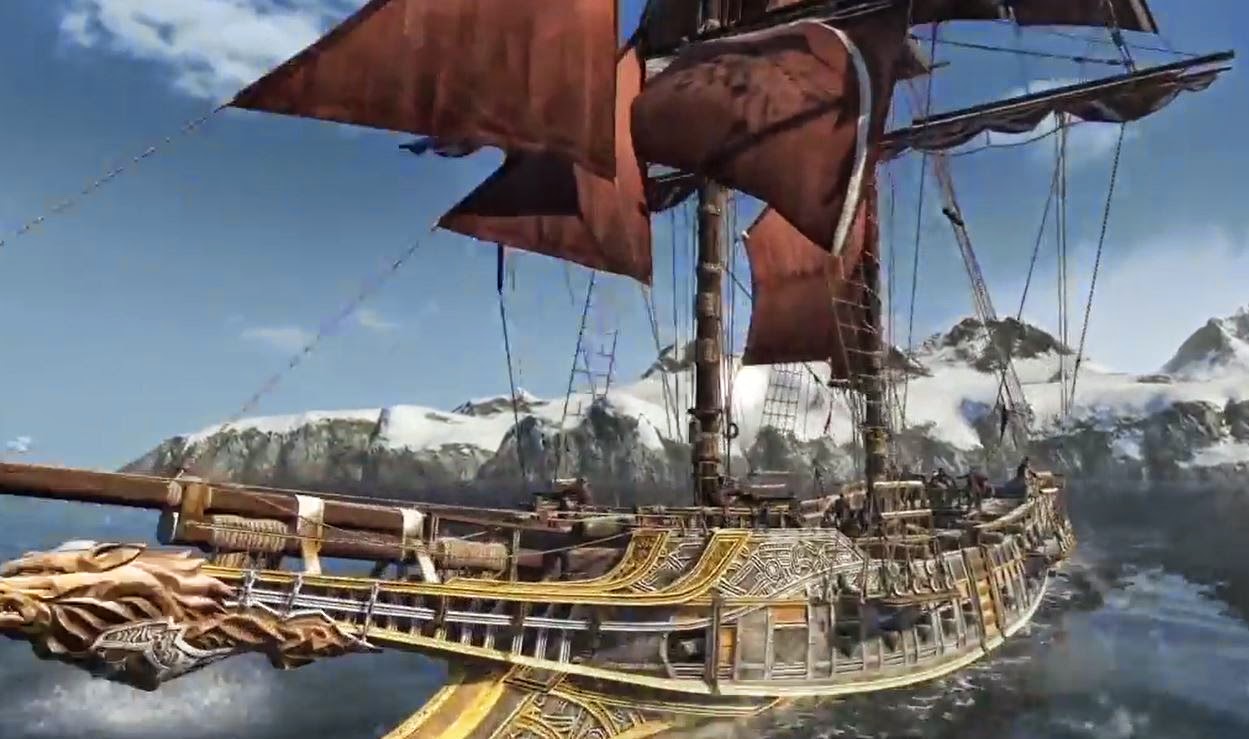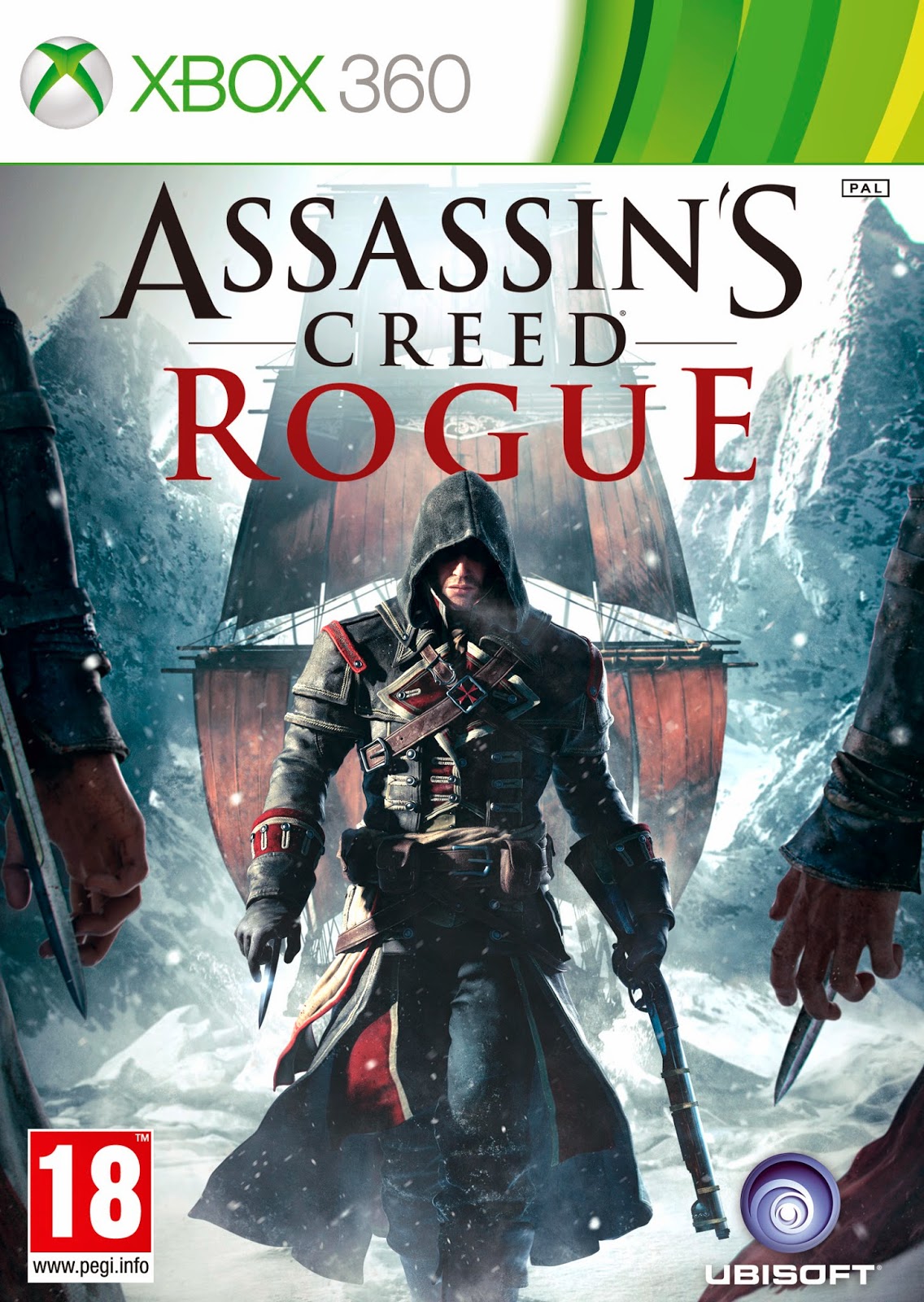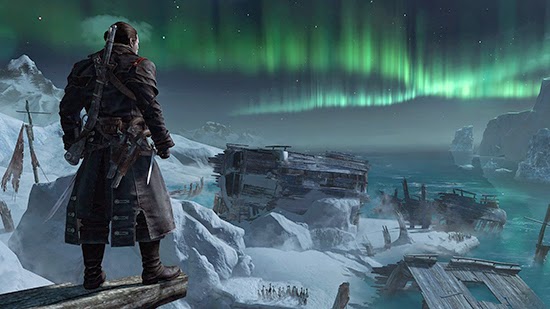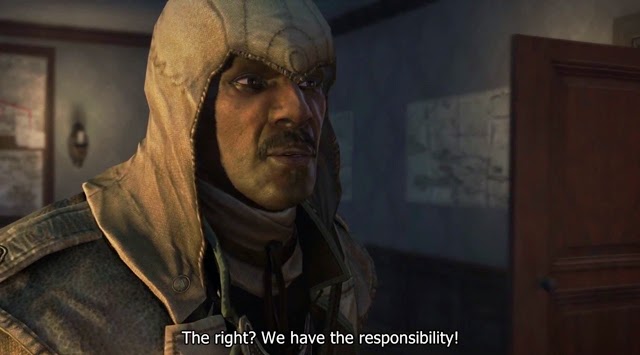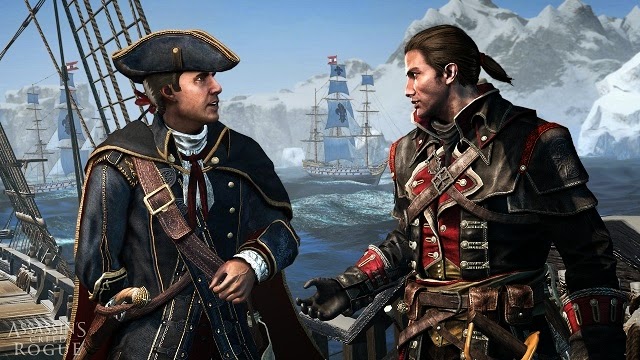Warning: This review will go into LONG discussion of Borderlands: The Pre-Sequel's story. I've already done a review of
Borderlands: The Pre-Sequelhere, but I thought I would take the time to do a separate review for those interested in the characters as well as plot. This review will contain SPOILERS for the campaign and ending so readers should consider themselves warned.
So, what did I think?
Sadly, I think the plot is one of the weaker elements of B:TPS.
![]() |
| For a shooting game, Borderlands has a great story. |
I gave the actual game a 10/10 because it's more
Borderlands 2 and filled with massive amounts of fanservice plus quirky humor. I have to grade games on the curve and there's nothing quite like the
Borderlands series out there. It's a tremendous combination of quirky humor, oddball characters, shooting, looting, and world-building.
Borderlands 2, specifically, is a hard act to follow because it's R-rated
Star Wars. A plucky resistance of freedom-fighters have joined together to overthrow an oppressive evil empire. It's just this time the resistance is composed entirely of Han Solo-types and the Emperor trolls you over the radio.
When Handsome Jack is either shot by the Vault Hunters or killed by Lilith in revenge for Roland's murder, it is a triumphant moment equal to any I can remember in gaming. A great evil is extinguished and you want to give yourself (or Claptrap) a high five for your victory. It's a hard-won victory after an emotional roller-coaster of tragedies, twists, and turns.
Borderlands: The Pre-Sequel couldn't hope to compete with such an epic storyline and is smart enough not to try. Instead, it is more a supplement to the events of Borderlands 2. We follow Handsome Jack's rise to power from head of Hyperion R&D and Governor of Helios Station to ruler of Pandora.
Also, sanity to insanity.
![]() |
| Handsome Jack Pre-Evil. Or is it? |
While the Vault Hunters have never been the nicest of people around, Brick being the closest to an actual bandit, the Pre-Sequel has two out of its four initial player character choices as actively evil. Wilhelm, initially, looks like a professional with a mild dark side at best but gradually reveals himself to have a sadistic streak which revels in Jack's murders. Nisha, by contrast, is never portrayed as anything but a complete psychopath.
The other two aren't much better.
Claptrap is portrayed as outright insane through this volume, tragically enslaved by the future Handsome Jack but unaware of it. Returning character Athena is the only one of the group with any moral compass and she's still working for Pandora's future despot. Ironically, it is Athena out of these three who seems to irritate Lilith the most. At least, to the context of sending people to hunt her down. We'll get more into that, later.
The majority of the game follows Jack and the Vault Hunters as they attempt to take back Helios Station from Colonel Zarpedon and her Lost Legion. The latter have seized it from Jack and while this is bad, it becomes terrible when Zarpedon's forces start firing a Death Star-esque laser from the station onto the moon of Elpis. It's a race against time to gather the military forces necessary to retake the station before the moon breaks apart and millions die.
![]() |
| Explosions, guns, and shooting--PLUS STORY! |
The pacing on this story is all over the place as there's a dozen or so side-quests on Helios Station you're supposed to do in order to be sufficiently leveled to fight Zarpedon. This, despite the fact the majority of these stories are silly and over-the-top. Players striving for immersion will have theirs broken by Athena or Wilhelm stopping to help a cleaning robot in her war on germs. Placing the majority of these side-quests after the station is retaken would have helped pacing tremendously.
Unfortunately, the game also loses much of its forward momentum once Colonel Zarpedon is killed and Helios' death ray is destroyed. Jack is well on his way to becoming Handsome Jack at this point and he has a vested reason in hunting down the heroes of the original
Borderlands.
While the subsequent levels are lovely to look at, I felt the emotional core of the game had been gutted. The final boss is something I had no investment in killing, being little more than an emotionless statue-monster with no context or backstory.
Colonel Zarpedon, by contrast, seems underdeveloped. Through ECHO recordings, we get a general sense of who she is. They paint a picture of a caring, moral, and respectable military commander who is driven to extremes by the dangers of Vault technology. Unfortunately, we never really get a sense of why she feels the way she does. The Warrior, while impressive, isn't enough to justify murdering millions to protect the universe. You need something like Halo's, well, halos to justify why blowing up an inhabited planetoid is a rationale response to a situation.
![]() |
| Saddest boss fight either. |
I also felt Colonel Zarpedon was denied an emotional response to the situation. Too much of the game was her being the stoic military commander who treated Jack and the Vault Hunters as worthy opponents.
Given how she was stated to treat her men like her children, even going so far as to arrange birthday parties with chocolate cake, I would have liked to have seen Zarpedon come to truly HATE the Vault Hunters. No matter how much she understands the mission comes first, our heroes will have murdered hundreds of people she knows personally by the end. I can't imagine any military commander I know not wanting to END the Vault Hunters for what they've done.
Defenders of the storyline will note the antagonist of the story becomes either Jack or Moxxi, Lilith, and Roland after Zarpedon's death. I'm not so sure about this as you're still working for Jack until the very end while I can't muster much ire for the latter.
Not only do I have epic amounts of good will toward them because of
Borderlands 2 but I don't see their betrayal as especially heinous. After all, what sane mercenary would let a man point a Death Star at your home planet? Not even Lilith's decision to execute Athena phased me. Athena's story shows her killing innocents (Felicity), helping Jack out of a desire for revenge against the Moxxi's group despite his obvious irrationality, and being willing to hand over godlike Eridian technology to a multiple murderer.
I've shot people in
Borderlands for far less.
![]() |
| Poor Athena. Always getting a bum deal. |
I think the story would have been improved a great deal by having Colonel Zarpedon's Eridian friend rescue her and return her to the Elpis Vault. She could have been dramatically powered up by the technology there and served as a better final boss than the one we got. As is, the last level of the game feels anticlimactic.
There's much to like in the Pre-Sequel. The game's Australian cultural jokes will feel fresh to American audiences, even if some are opaque. There's also some truly hilarious moments which rank near-the-top of the series' all time funniest moments like a zero-g basketball side-quest and encountering Claptrap SHODAN.
Characters like Janey Springs and Pickle are likable enough but feel kind of bland in comparison to the lovable grotesques of
Borderlands 2. I recommend this game to everyone but think people should keep their expectations reasonable.
7/10
Buy at Amazon.com


































